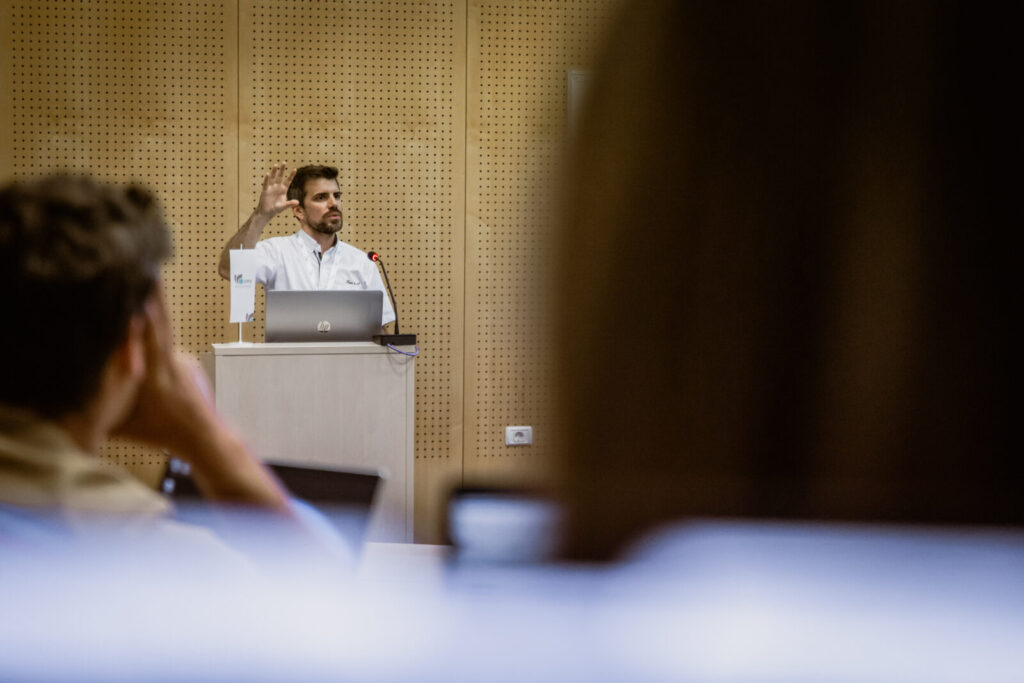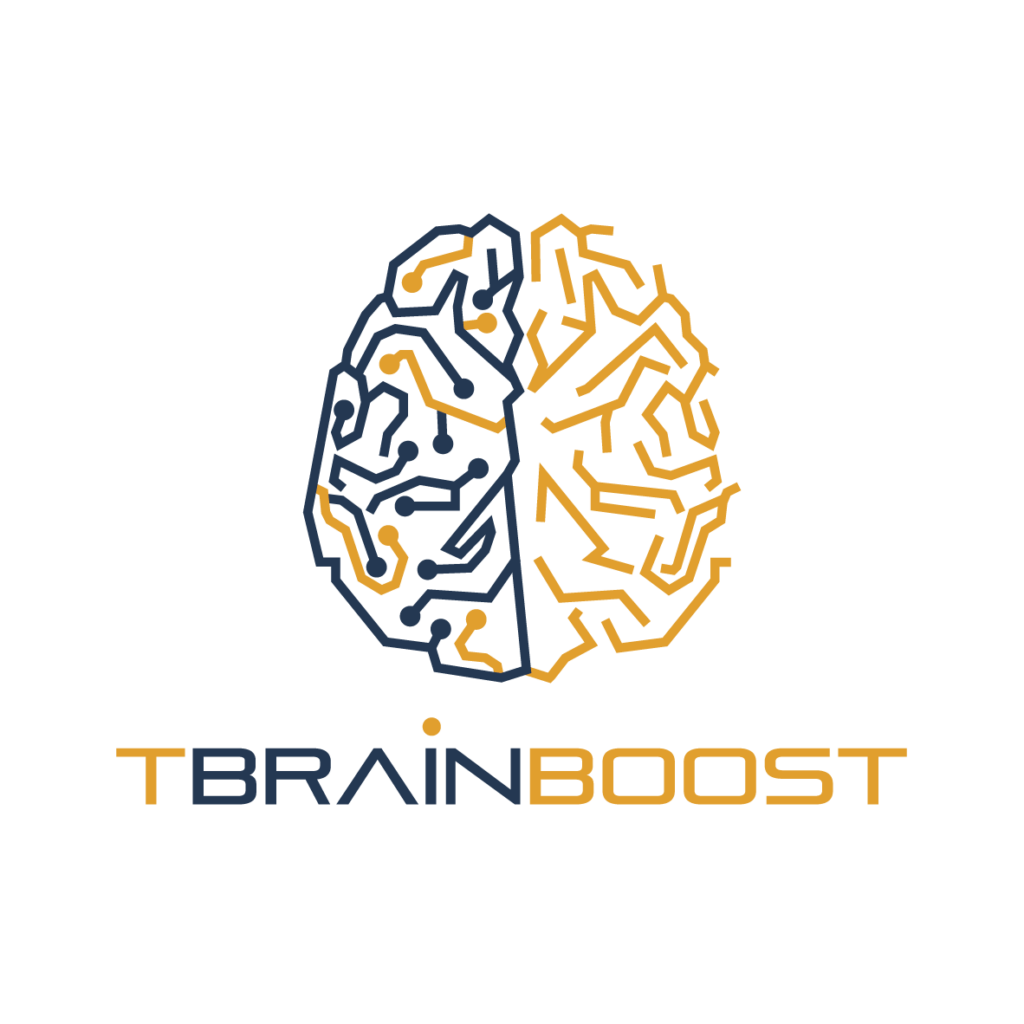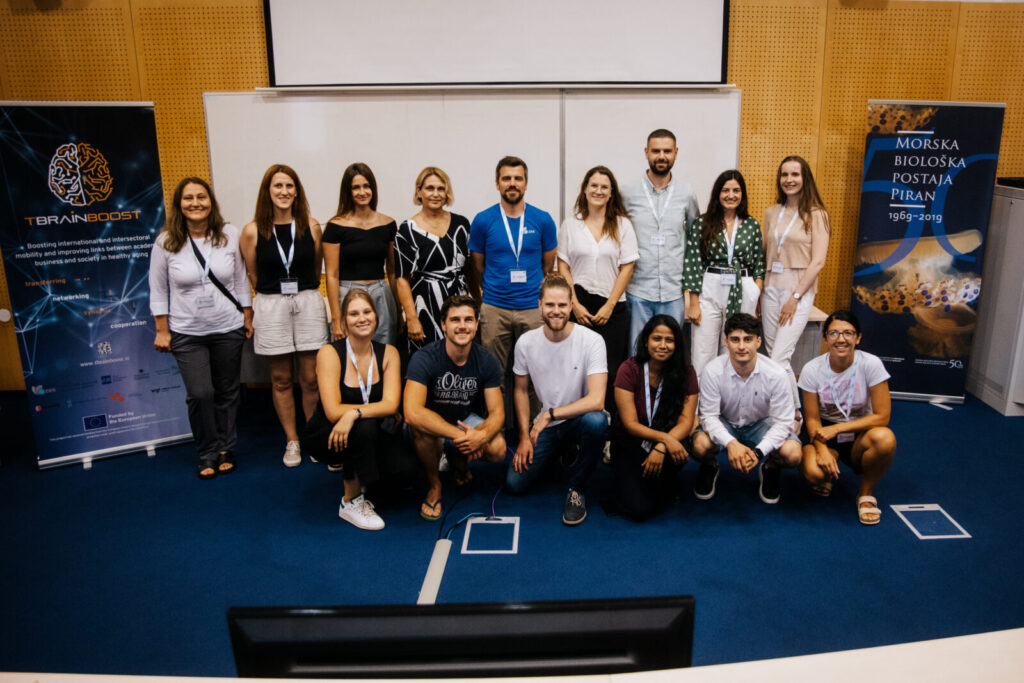TBrainBoost Summer School (Era Talents for boosting and balancing brain circulation, št. HORIZON-CSA 101120150), a week dedicated to exploring the intersection of neuroscience and neurorehabilitation, was held from July 16 to July 20 AT Piran and hosted by ZRS Koper. This event saw undergraduate, postgraduate PhD students come together to explore the latest advancements in neurorehabilitation and to expand their understanding of translating academic knowledge into business innovation.
The summer school featured numerous lecturers and mentors from Slovenia, Belgium, Germany, and Switzerland, as well as students from Alma Mater Europaea, the University of Primorska, Vrije Universiteit Brussel, the University of Milan, and University Medical Center Groningen.
Participants engaged in dynamic workshops, interactive sessions and collaborative projects, all designed to advance the field through innovative approaches.
The programme began with a warm welcome from Dr. Uroš Marušič , who discussed »Academia vs Industry: Bridging Neuroscientific Discoveries with Neurorehabilitation Innovations«. The day continued with compelling student presentations, showcasing innovative research and ideas. Eling De Bruin delivered a keynote on personalised exergaming for post-stroke rehabilitation, offering cutting-edge insights into rehabilitation techniques.

They also discussed the possibilities of combining neuroscientific discoveries with neurorehabilitation innovations and how to connect academic work with the economy in the field of post-stroke rehabilitation using the latest technologies. They went on to touch on a variety of topics: from how technology can help combat physical and mental fatigue and the benefits of motor-cognitive testing and physical fitness throughout an individual’s lifetime to how robotics and artificial intelligence, with their ideas and innovations, are changing the course of development of society and science in this field. Participants learned about combating fatigue with technology, motor-cognitive testing and innovations in robotics. Students presented projects, including a start-up in physiotherapy and an ACL rehab device, and engaged in workshops to refine their ideas.
They also focused on physiotherapy for Parkinson’s disease, with insights from experts and hands-on training in EEG applications for dementia testing. In tne next day there was a discussion on balance training for falls prevention, followed by project finalisation workshops and a keynote lecture on gait abnormalities following adeep brain stimulation.
The final day featured a session on muscle mass and strength loss in older adults, student project presentations and a closing ceremony that celebrated the week’s achievements and awarded certificates.
The Institute hopes that such projects will encourage international mobility improve links between science and business in the field of healthy ageing.

 en
en Slovenščina
Slovenščina Italiano
Italiano